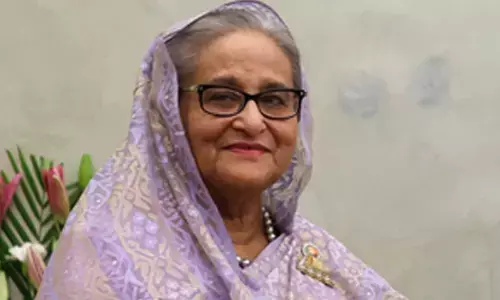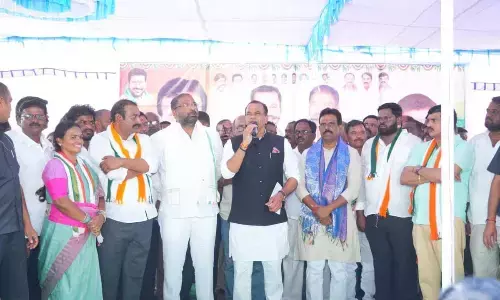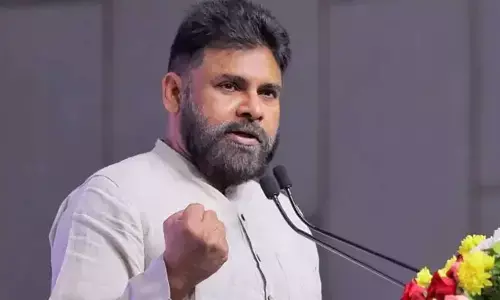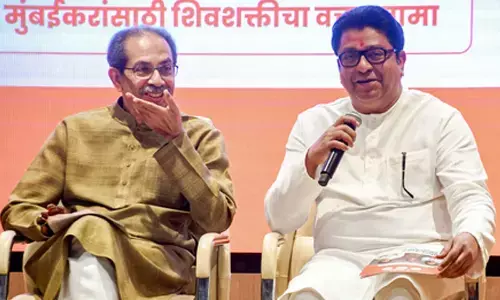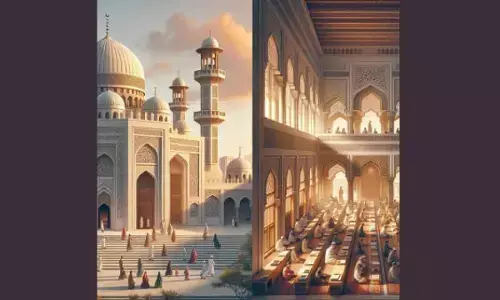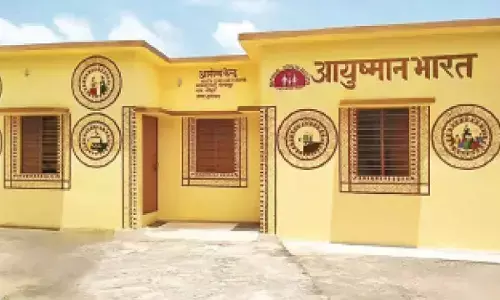Remembering the Emergency era
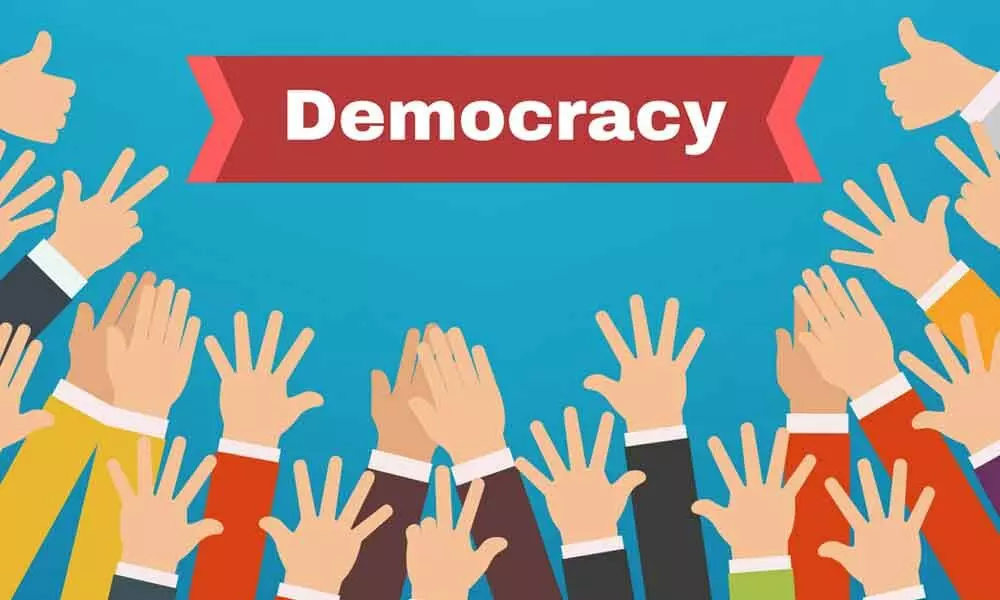
Mockery of democracy is glaring(Picture used for representational purpose only)
Democracy is not just a political system, but also a value. Hence, continuous awareness towards it is necessary. That is why it is important to remember such things that hurt democracy so that the country can move in the right direction.
Democracy is not just a political system, but also a value. Hence, continuous awareness towards it is necessary. That is why it is important to remember such things that hurt democracy so that the country can move in the right direction. No democracy loving Indian can forget the night of June 25, 1975 when the entire country was transformed into a prison and there was an attempt to suppress the opposing voices. Eminent leaders of the country including Jayaprakash Narayan were lodged in jails. Even the judiciary could not escape its clutches.
The media was gagged. When the Emergency was imposed from midnight, internal disturbance was cited as the reason. After this move the Constitution was amended on July 22, 1975 by the 38th Amendment that took away the right to judicial review of the same. Again, two months later the 39th Amendment was brought in, according to which, the country could not investigate the election of a person appointed as the Prime Minister. After the 49th and 41st Amendments, the Constitution was amended by the 42nd Amendment which had the most controversial provisions giving preference to the directive principles of State policy over fundamental rights. This deprived every one of the very essence of democracy.
Just as a hungry man alone realises the value of food, every freedom loving Indian realised the value of democracy in the country perhaps then. The 1977 elections were unique in every sense. People just queued to vote not against any individual or a party. They voted for democracy. It's history now. But,.. did we safeguard our interests post-Emergency? Obviously not. The power to order a state of Emergency has remained on the statute book. What was corrected were only the grounds for invocation of Article 352 by substituting the words "armed rebellion" for "internal disturbance", which was cited as a ground for proclaiming emergency on June 25th, 1975.
The other grounds available for invoking Article 352 namely threat to the security of India by war or external aggression remain. Moreover, the existence of a "grave emergency" is based on subjective satisfaction. The western Indian borders have always been at risk of invasion by the perpetually unfriendly Pakistan. Now, even eastern borders are at risk due to unwarranted belligerence of China and Nepal. This can be argued to be a sufficient excuse for invoking a state of Emergency and turning constitutional governance on its head in India. The experiences of emergency in 1975 which led to the arbitrary arrest of thousands of opposition leaders, censorship, suppression of political dissent and destruction of democratic values should have been sufficient for Indian political establishment to address more seriously Article 352 and its allied provisions Article 353 and 359.
However, we failed to act from the valuable lessons learnt by not responding with adequate changes. The 44th amendment made a half- hearted attempt at changes that really offer no guarantee of repeating the Emergency and authoritarian regime in India. The Emergency remains a half learnt lesson for India. The lessons of Emergency tell us that we need to be alert to the moves that go against the grain of democracy even now. Today too we face stifling of dissent at every step. Fundamental rights continue to be trampled. Free voices are disliked and called seditious. Unless a course correction follows we may descend into further chaos.









